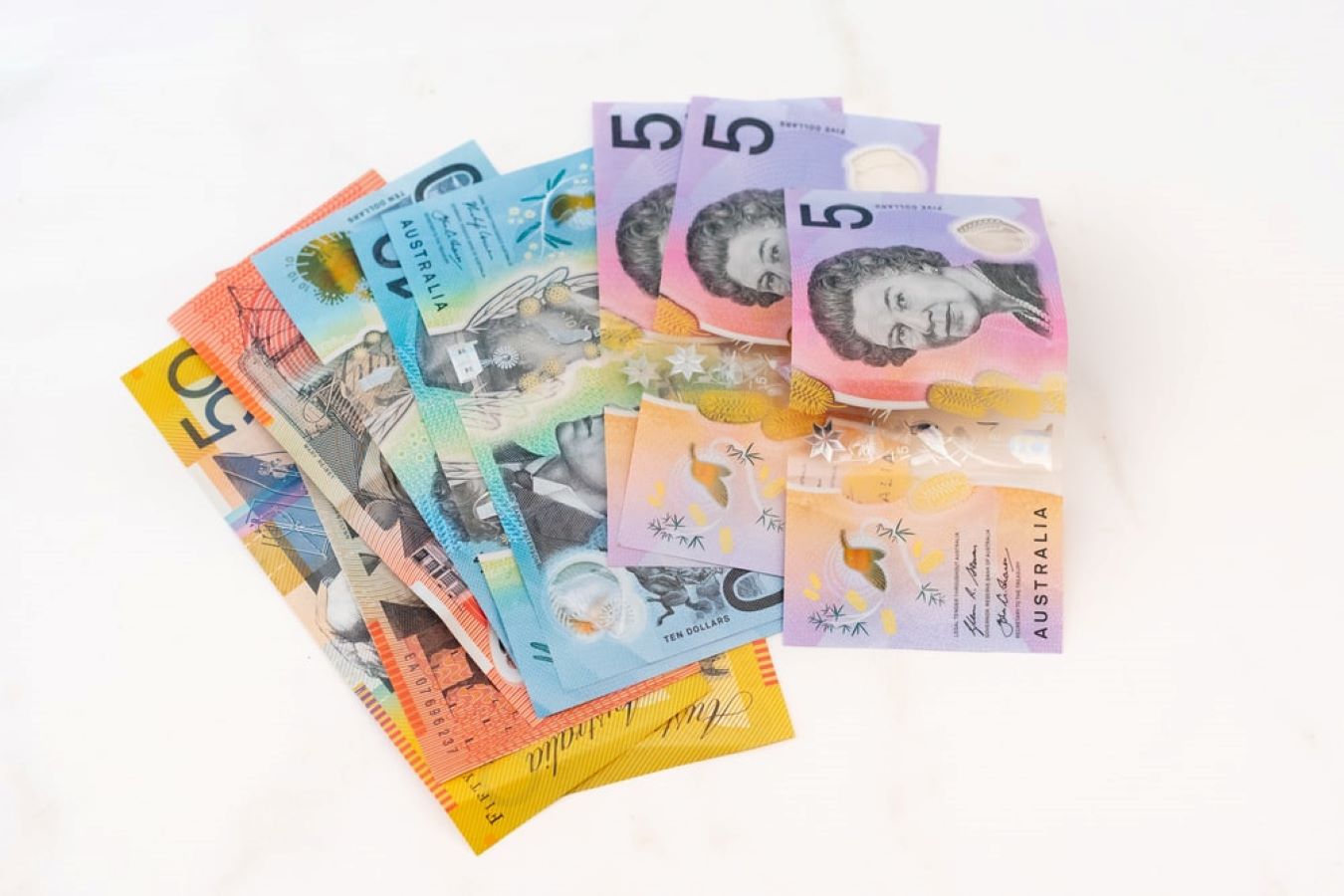A small business is an exceptional investment that will not only increase in
value with improved performance but it will also provide the owner employment,
an above average return, a sense of achievement and, in some cases, non cash
benefits. However, unlike other income generating assets a business may be free
of Capital Gains Tax (CGT) when it is sold.
If an operational business sells for less than five million dollars and is owned by an individual, partnership or a company, where an individual owns at least 50% of the business, or shares in the business, the Capital Gains Tax liability will be halved. If the owner qualifies for this 50% reduction and has owned the business for more than 15 years, the sale will be free of Capital Gain Tax.
If a business is owned by individuals (not a company) for longer than twelve months, but less than 15 years, the Capital Gains Tax liability will be reduced by a further 50%. The debt would now only be 25% of the original liability.
After the concession and discount is applied and the liability is established it can still be eliminated if the operator is over 55 years of age, if the gain is transferred to a complying superannuation fund or if the operator reinvests the gain in another business within two years of the sale.
In the event that a CGT liability is created involuntarily it may also be exempt. For example if it is as a result of a marriage breakdown, a compulsory acquisition or as a result of an insurance payout.>
Anybody that is considering the purchase of a small business should establish an exit strategy before they even buy the business. The CGT legislation is so generous in favour of small business that any business owner who is well advised and uses an appropriate business structure should never have to pay Capital Gains Tax on the sale of their business.
Before buying, or selling, a business talk to one of the team of professionals at Raine and Horne Business Sales who can assist you with your sale or acquisition to ensure you of the best possible outcome.
